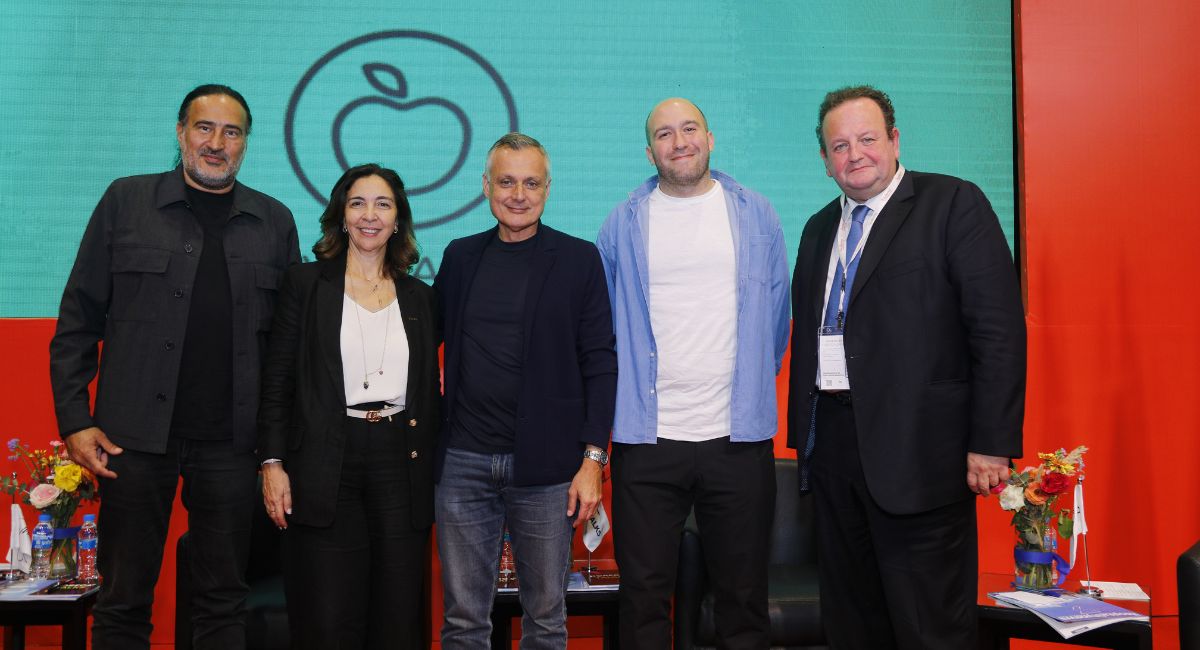Boutique hotels are carving their own niche in Lebanon, presenting an attractive alternative for travelers seeking a different kind of stay. In this analysis, we lift the lid on the boutique offering, from the advantages they offer to the challenges owners face.
The boutique hotel segment in Lebanon is playing to its key strengths, which include being able to offer visitors a stay with a difference.
Indeed, these properties with individuality at their heart are ideally positioned to meet current trends, including demand for curated experiential travel rooted in storytelling.
“A boutique hotel is not about room count – it’s about the feeling you create,” said Michel Abchee, owner of Lost Management.
An individual experience
The distinctiveness that is a hallmark of boutique hotels gives them greater flexibility with the services they choose to provide. F&B, for example, is widely viewed among industry leaders as optional.
“They’re anchors – but not essential,” was the view of Richard Nammour, managing partner at Hotel Albergo. “You can have a great boutique hotel without them.
This ability to create unique stays also allows for flexibility around pricing, setting boutique hotels apart from properties that are tied to fixed formulas.
“You can charge USD 600 a night or USD 120 – it all depends on the value and experience you deliver,” said Samir Boubess, chairman of Premier Leisure Holding – Boubess Group.
Similarly, hoteliers in the segment also have greater freedom to pivot and adjust their offering to accommodate changing demands and new industry trends.
All eyes on Beirut
Beirut is the location of choice for Lebanon’s boutique hotels, with the capital city offering numerous attractions that are easily accessible for visitors.
There is widespread agreement that other parts of the country are too risky for development in the current economic climate, despite offering potential.
Indeed, even in Beirut, business leaders are concerned about the current challenges and their knock-on effects, such as infrastructural gaps and labor shortages. However, recent developments, including the reopening of the Beirut Souks and the return of GCC visitors during Eid, are viewed as positive signs.
An expanding pipeline
New projects in the pipeline also signal a bright outlook for the segment, despite the uncertain environment. These include 23 new suites planned for Hotel Albergo and the opening of Hotel Lost Ashrafieh, featuring 16 rooms and Mama’s restaurant.
Other developments include Boubess Group’s Pasteur Street project, which is set to offer visitors hospitality and F&B in a walkable, design-driven setting.
Insights from HORECA Talks 2025 at HORECA Lebanon, co-organized by Hospitality News Middle East and Hodema Consulting Services. Session moderated by Nagi Morkos, founder and managing partner at Hodema Consulting Services.









